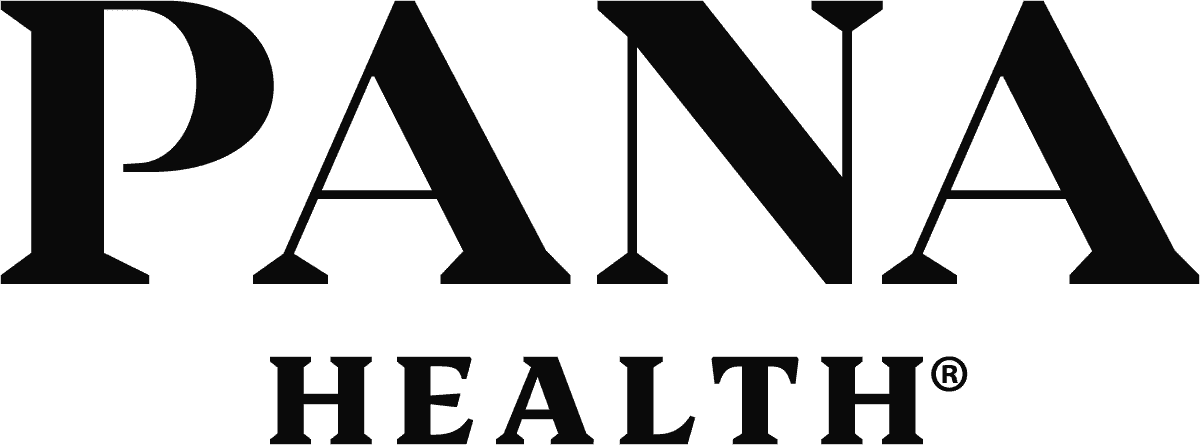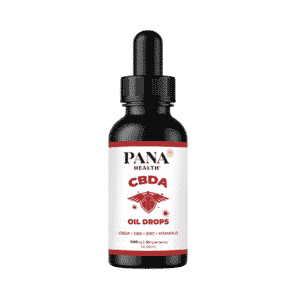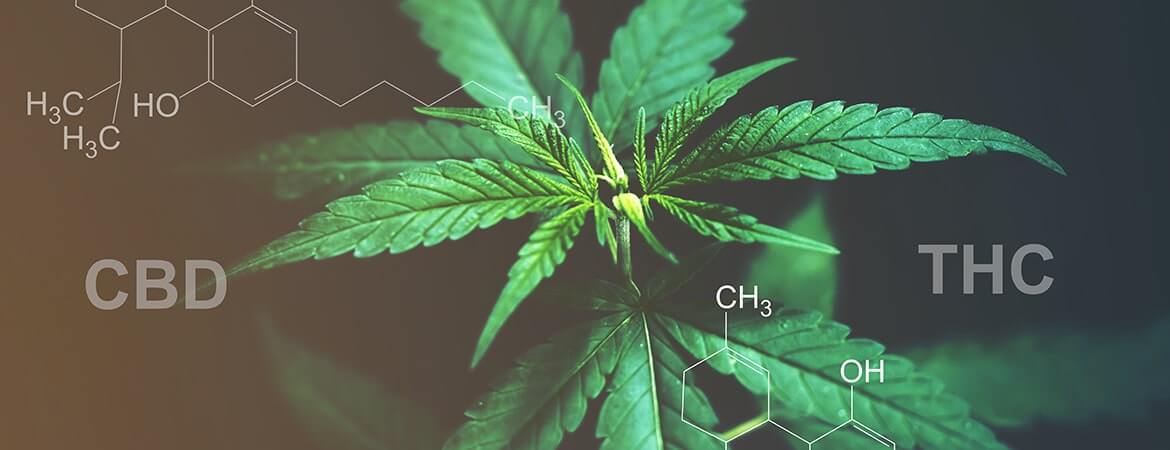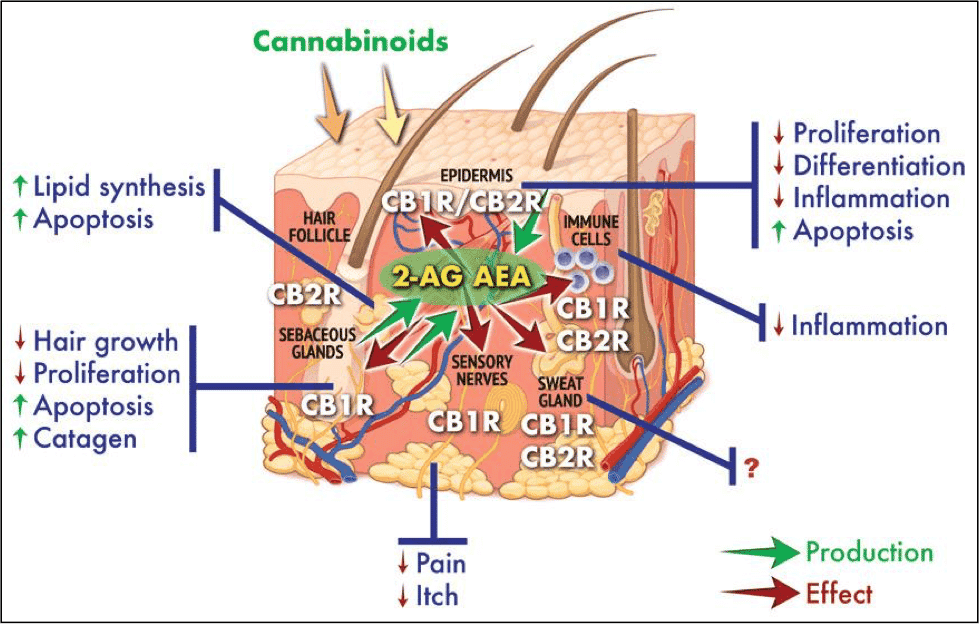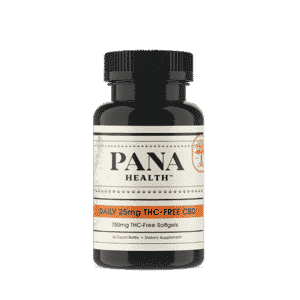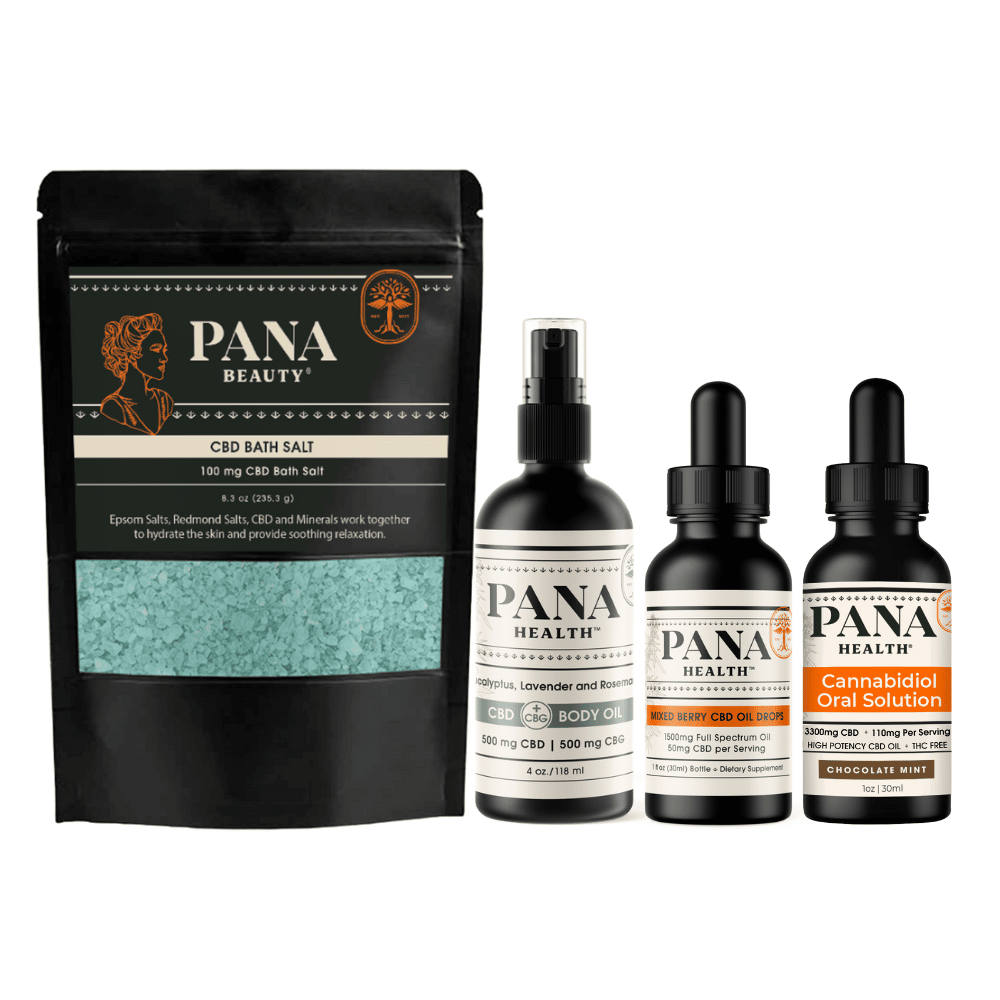Cannabidiol (CBD) is a household name at this point. You can find it nearly anywhere, and to say its online presence is booming would be an understatement. But as the market for this trendy new product emerges, as does the big question…which CBD is the best CBD? Now, there are many different voices with different views. Whether that be on which form of CBD is best, what product they prefer, why they endorse a particular brand…it boils down to one essential thing: what is the best possible, highest quality CBD to begin with?
But before we contrast and compare, let’s go over some background information on the subject in question: CBD.
The Compound
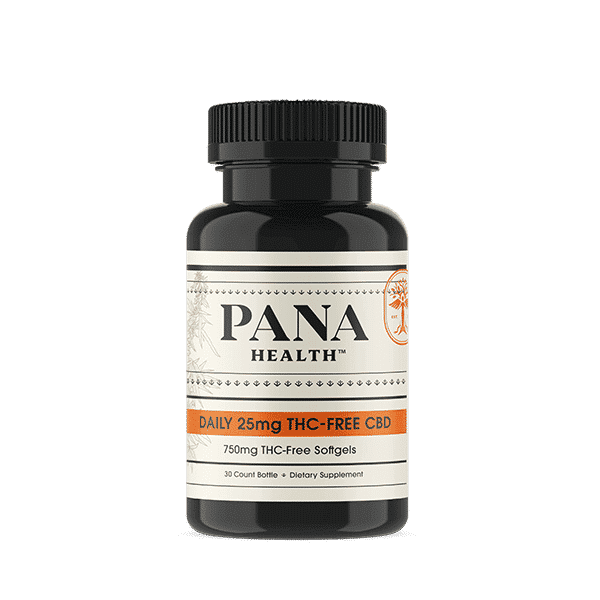
CBD is one of over 480 naturally occurring chemical compounds found in the cannabis plant genus. Now, 480 is a large number, so let’s narrow that down; CBD is also one of over 113 cannabinoids found in cannabis. What distinguishes a cannabinoid from all the other chemical compounds is its ability to interact with our own Endocannabinoid System (ECS). Our ECS is part of our central nervous system, and therefore plays a role in regulating several bodily systems, such as sleep, mood, pain-sensation, appetite, memory, and much more.
How exactly CBD and the ECS interlink is explained by the cannabinoids’ ability to interact with cannabinoid receptor expressing cells in our ECS. This ability essentially allows for cannabinoids, like CBD, to bind with these receptors and send messages throughout the body, thus allowing for meaningful influence. As previously stated, CBD is just one of many cannabinoids. Tetrahydrocannabinol, otherwise known as THC, is another famous (or should I say infamous?) cannabinoid derived from the cannabis plant.
The difference between the two is crucial, and the 2018 Farm Bill only recently legalized CBD. Up until then, CBD’s association with THC kept it in the shadows and out of the hands of farmers, researchers, and the commercial market. This “crucial difference” is that THC is psychoactive, results in a “high” or intoxication, while CBD is not. The explanation behind this takes us back to the ECS, and the varying influence cannabinoids can produce.
Although there more than 75 receptors that CBD interact, two primary cannabinoid receptors in the ECS have been described to mediate many cannabinoid effects; CB1 found primarily in the brain and CB2 expressed on immune cells. Both THC and CBD interact with these receptors, but their interactions are quite different, as you probably guessed. While researchers are still learning just how the ECS works, they know that THC binds strongly with both receptors, while CBD binds weakly or not. As a result, CBD does not get you high, but that’s not to say that it has zero effect. CBD is reported to produce a calming, relaxing effect and a lift in mood.
Furthermore, as personal accounts and research dives deeper into exploring this magnificent but mysterious compound, we find out more about the possibility of various other benefits, some of which are speculative while studies more thoroughly back others. Among these include the chance to help achieve a greater sense of calm, support joint health, and many other things.
The Process
Pure CBD oil is typically harvested from the hemp plant, which contains naturally high cannabidiol and low levels of THC. Determining whether CBD is considered “organic” or not requires a close inspection not only of that way in which the CBD oil itself is produced but an ever-closer review that takes us back to the roots. Scratch that, before the roots!
You see, the U.S. Department of Agriculture has strict guidelines on how hemp must be grown for the CBD to qualify as organic. First, forget about genetically-modifying the seeds. Organic means non-GMO, no ifs, and, or buts. Next, the soil cannot be treated by organic-prohibited substances, like certain pesticides, for a minimum of three years before planting. As well, synthetic additives designed to boost growth are strictly prohibited. That means that during the entire tilling, growing and crop rotating process, the soil must follow these conditions and rely solely on naturally-sourced fertilizers—and that’s just the beginning!
Once planted, the real fun begins! Throughout the entirety of the harvesting and handling process, every single non-agricultural substance, synthetic or not, must comply with a rigorous, particular federal list. Any substance prohibited by the National List of Allowed and Prohibited Substances will render your product non-organic. This means that the organic hemp must be kept separate at all times from any non-organic matter to avoid cross-contamination, and must not be processed with any synthetic chemicals. It doesn’t matter if it’s just one measly drop—if it’s on the no-no list, you’re off the organic list!
The Conclusion
The truth is, the regulations surrounding CBD are still being worked out, and because of this, one cannot always be 100% sure that what they’re buying is what is being marketed to them. There are many ways to grow, harvest, and process hemp, all resulting in different quality CBD. However, to slap a “USDA Organic” label on your product, you have to meet the stringent guidelines set forth. With organic CBD, one has a better idea of what goes into their CBD, both behind the scenes and in the product itself.
It depends who you’re asking, but typically, “natural” is considered “better.” Organic is considered “cleaner” because the label implies that the product is free of synthetic pesticides, fertilizers, and other chemicals. This essentially makes the final product the most “natural” of its form as possible. There are a number of different CBD products that can all be considered natural, such as CBD isolate, edibles, pills, topicals, wax, and more.
Naturally, it is always best to do your research and speak with a medical or industry professional before implementing any CBD product, organic or not, into your regiment.

